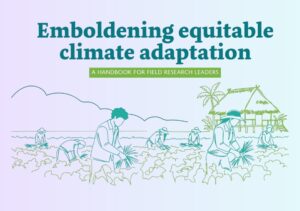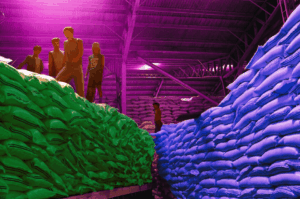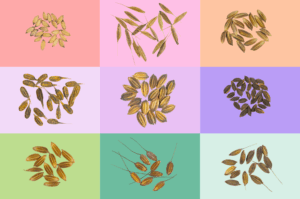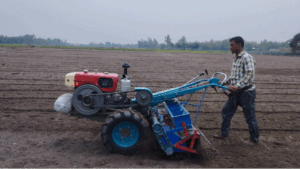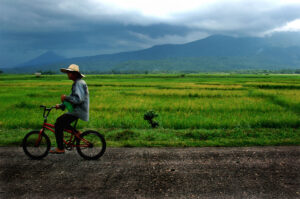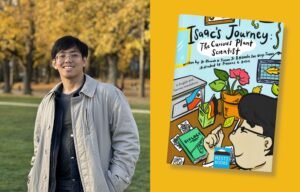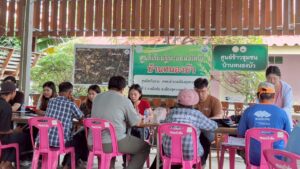The Food and Agriculture Organization of the United Nations (FAO) formally joined the Sustainable Rice Platform (SRP), a global multi‐stakeholder alliance of more than 100 institutional members from the public, private, research, civil society and financial sectors.
SRP works with partners to transform the global rice sector by improving smallholder livelihoods, reducing the social, environmental and climate footprint of rice production; and by offering the global rice market an assured supply of sustainably produced rice.
“FAO, the SRP and its members, are serious about providing the means to produce rice that is better for farmers, better for the environment, and better for agri-businesses,” said Jong-Jin Kim, Assistant Director-General and FAO Regional Representative for Asia and the Pacific. “FAO wants to work with SRP and partners to develop the next generation of sustainable rice projects in Asia and globally.”
Read the full story at Reliefweb
More on SRP:
The SRP in Thailand: Better grain quality, higher incomes, lower production costs, and increased productivity
Thailand’s Rice Department, Better Rice Initiative Asia (BRIA) Thailand, OLAM International, and Bayer Thai Co. Ltd. initiated pilot testing for the SRP standard with farmer groups in Ubon Ratchathani Province in the northeast of the country. During pilot testing, farmers received benefits, including free training from experts, helping them to produce more sustainable rice, which will create a massive impact within the region. Moreover, the paddies have better grain quality since the farmers received close advisory support from the experts, including facilitating the organization of a harvesting plan with certain service providers for harvesting.
The SRP in the Philippines: “We now know that we are eating safe rice”
Pilot testing of the SRP standard in the province of Iloilo has shown Filipino farmers’ strengths in managing their farms in a sustainable manner as well as opportunities to improve their current practices to achieve sustainable rice cultivation. In the 2016 wet season, SRP-trained agricultural extension workers, farmer technicians, Better Rice Initiative Asia (BRIA) coordinators, and staff from the Department of Agriculture-Regional Field Office in Region 6 (DA-RFO6) monitored the participating farmers in four municipalities from April to September. The monitoring gauges whether farmers’ practices are sustainable based on the SRP standard.
The SRP in Cambodia: Leveling the field for farmers, rice, and endangered wildlife
Why should a conservation organization care about rice? That’s what many people might have asked the Wildlife Conservation Society (WCS) before its Cambodia program embarked on the country’s first SRP pilot. Rice is Cambodia’s most important crop. It is grown for subsistence and for sale, domestically and for export. It matters more to the people of Cambodia than any other crop; so, if you want to work with the people of Cambodia, then you need to work with rice. Conservationists need to work with people. It is the actions of humans that threaten other species, and the actions of humans that can protect and nurture other species.


